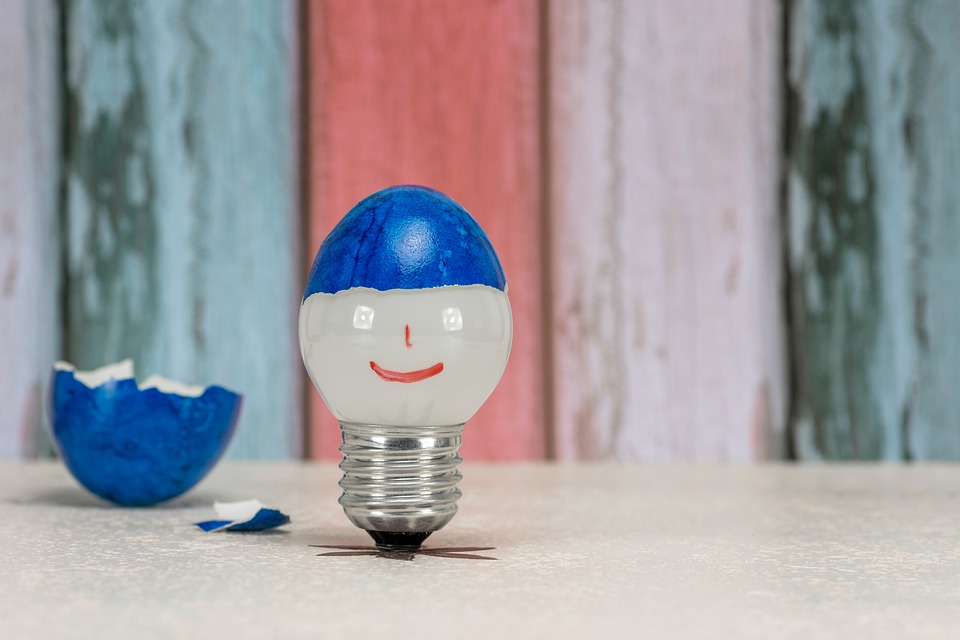Spring Forward with Ease: Daylight Savings Tips for Better Sleep
As the days grow longer and the promise of spring beckons, it’s time to prepare for one of the most significant annual time shifts: daylight saving time (DST). This adjustment, while offering more daylight in the evenings, can also disrupt our sleep patterns and routines. However, with a few thoughtful strategies, you can make the transition smoother and maintain quality sleep. Here are some tips to help you spring forward with ease.
Understand the Impact of Daylight Saving Time
Before diving into solutions, it’s important to understand how daylight saving time affects our bodies. The one-hour shift forward can disrupt our circadian rhythms, the natural internal processes that regulate our sleep-wake cycle. This can lead to feelings of grogginess, irritability, and even reduced productivity. By recognizing these potential impacts, you can better prepare for the change.
Gradual Adjustment is Key
One of the most effective ways to ease into daylight saving time is by gradually adjusting your sleep schedule. A few days before the time change, try going to bed 15 minutes earlier each night. This incremental shift can help your body adapt without the shock of a full hour change overnight.
Create a Relaxing Bedtime Routine
Establishing a calming pre-sleep routine can signal to your body that it’s time to wind down. Consider activities such as reading a book, taking a warm bath, or practicing gentle stretches. Avoid screens and electronic devices at least an hour before bed, as the blue light emitted can interfere with the production of melatonin, the hormone that regulates sleep.
Optimize Your Sleep Environment
A conducive sleep environment is crucial for quality rest. Ensure your bedroom is dark, quiet, and cool. Invest in blackout curtains if necessary to block out early morning light. Consider using a white noise machine or earplugs to minimize disturbances. Comfortable bedding and a supportive mattress can also make a significant difference in sleep quality.
Mind Your Diet and Exercise
What you eat and when you exercise can influence your sleep. Try to avoid heavy meals, caffeine, and alcohol close to bedtime, as these can disrupt sleep. Regular physical activity can promote better sleep, but aim to complete any vigorous exercise at least a few hours before going to bed to allow your body time to wind down.
Embrace Morning Light
Exposure to natural light in the morning can help reset your internal clock and improve alertness. Spend time outside or open your curtains to let in sunlight as soon as you wake up. This exposure can help regulate your circadian rhythm and make it easier to fall asleep at night.
Be Patient with Yourself
It’s important to remember that adjusting to daylight saving time is a process, and it might take a few days for your body to fully adapt. Be patient with yourself and prioritize self-care during this period. If you find that sleep disruptions persist beyond a week or two, consider consulting a healthcare professional to rule out any underlying sleep disorders.
By taking proactive steps and making small adjustments to your routine, you can minimize the impact of daylight saving time on your sleep. With these tips in mind, you’ll be well-prepared to spring forward and embrace the longer days with energy and enthusiasm.


